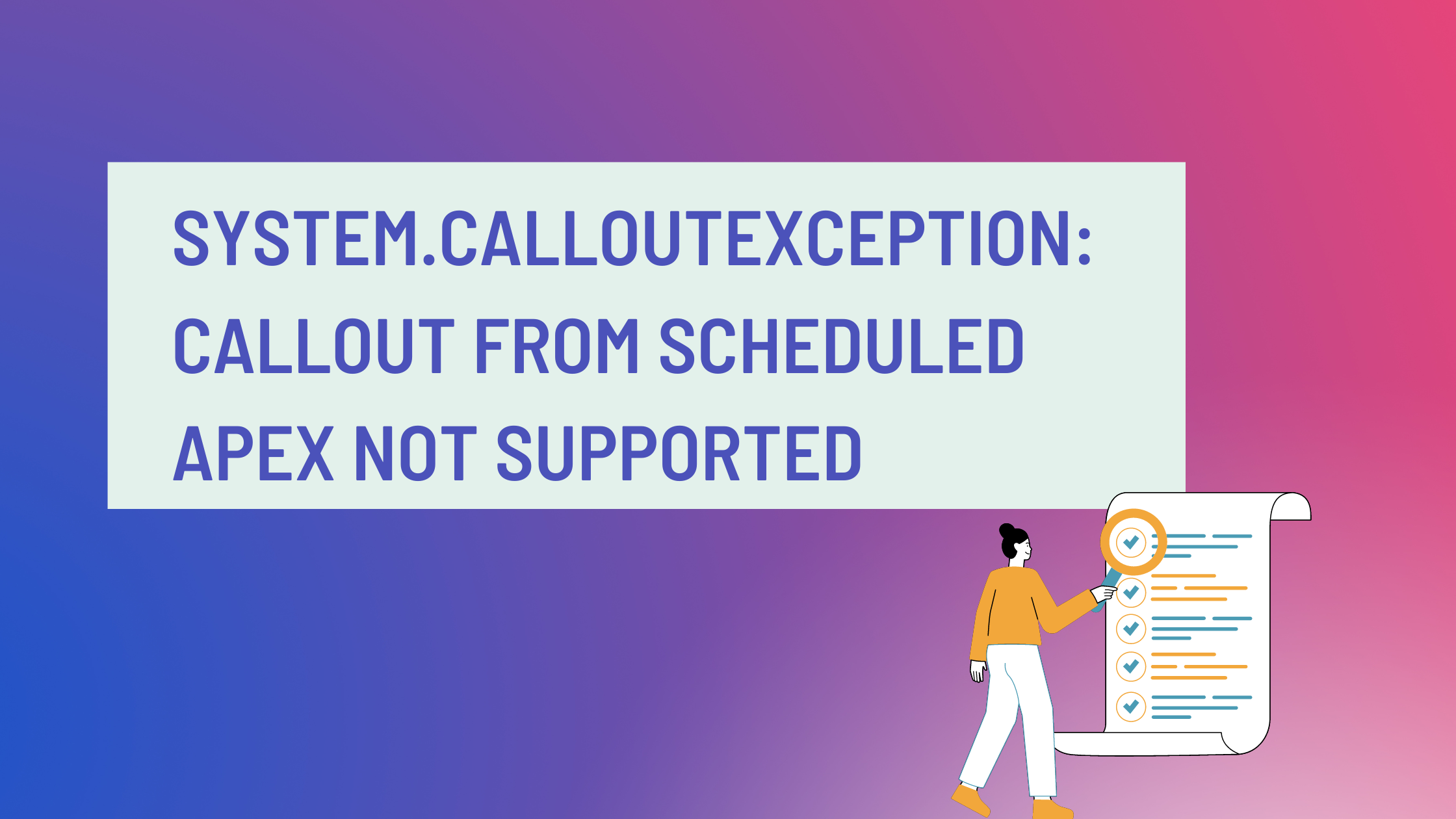Effective Salesforce testing is crucial for ensuring the reliability of your implementation. Start by understanding and documenting business requirements. Utilize sandboxes to mirror production environments and categorize tests into unit, integration, system, and user acceptance testing. Automate repetitive tasks, especially regression tests, and use realistic data for accurate simulations. Conduct security and performance testing, involving end-users in user acceptance testing for real-world validation. Adhere to Salesforce best practices, implement version control, and maintain thorough documentation. Foster collaboration among teams and establish effective communication channels. Monitor system performance, analyze logs, and proactively address issues. Ensure testing teams are trained on Salesforce features and updates, fostering continuous learning. Conduct retrospective reviews to identify areas for improvement and implement feedback loops. This comprehensive approach, encompassing planning, automation, security, performance, and collaboration, contributes to a robust testing strategy. Continuous improvement through monitoring, analysis, and training ensures the ongoing success and reliability of your Salesforce implementation.

Salesforce Testing Essentials Best Practices Simplified
Related Posts
Comments are closed.


















